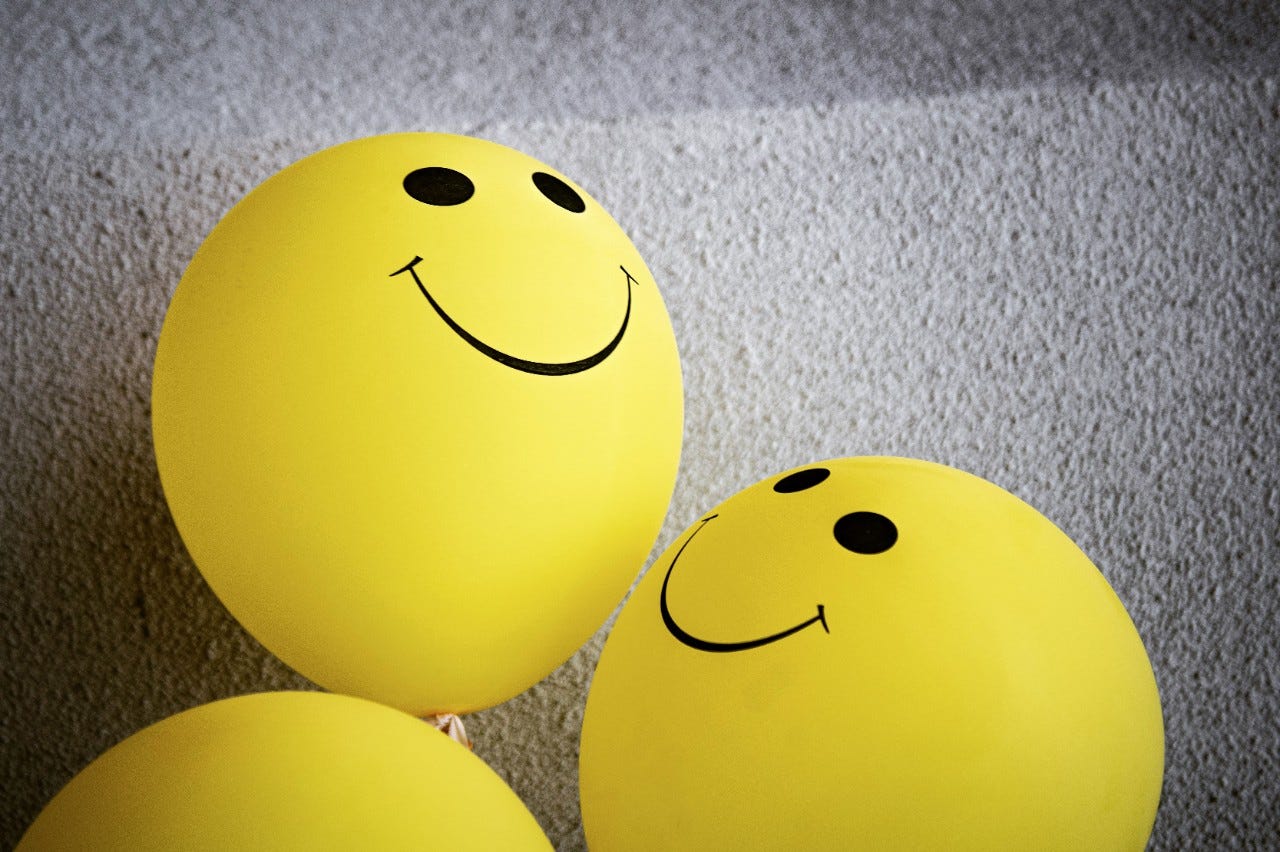Three phases of happiness
Starting a family. Travelling the world. Having a successful career. All these dreams have one thing in common: the promise of happiness once we’ve achieved them.

Tobias Esch has been on the trail of happiness for years. He is a doctor and health scientist at the Private University of Witten/Herdecke, he knows the latest studies and he has written several books on happiness. His conclusion: the feeling of happiness matures with the individual. “It’s interesting to see that what people classify as happiness when they’re young changes to our understanding of contentment in old age,” says Esch. Today we know more about what happens neurobiologically in the brain – and that it largely depends on our age whether we experience happiness of type A, B or C.
Ecstasy and euphoria: youthful happiness
Happiness type A is a privilege of youth. Excitement and anticipation, the feeling of elation when you try something out, the euphoria when you succeed: This feeling of ecstasy drives us, makes us creative and thus forms the foundation for important learning experiences. In the long term, this would simply be too much for our brain, and at some point one experience would start to overwrite the other. This is mainly due to the release of the happiness hormone dopamine, which is proven to be found during both moments of elation and periods of learning. As it has to be depleted quickly to make room for new feelings of happiness and learning experiences, it is also a very fleeting feeling.
Midlife happiness
This period is followed by what neuroscientist Tobias Esch calls “the valley of tears”, whereby the experiences that make us happy change to type B: “The stage of life between 30 and 59 is exhausting. Now it’s about defending what we’ve achieved”, he explains.
People have grown out of the carefree happiness of their youth, but they’ve not yet reached the peaceful contentment of old age. “Many studies have shown that people reach the lowest point of life satisfaction in this period.” The kick of ecstasy gives way to the joy of relief when there’s enough time to relax and take a deep breath.
But this doesn’t happen very often in the mid-phase of life due to worries about the children, relationship crises, problems at work – the batteries are empty. So, we should remove a source of stress by not having any children? “It’s not that simple”, says Tobias Esch. “In the long run, that’s not the best idea, because children are needed to achieve type C happiness”. However, the more we suffer during this phase of life, the more generously we’re compensated in old age with good feelings.
Contentment: happiness of old age
Our brain chemistry is responsible for this. The happiness hormone dopamine interacts with stress hormones to produce endogenous opioids, which form the basis for type C happiness in old age: Being able to pass something on to your grandchildren, not having to do so much any more, but having the opportunity to do it, finding inner peace. If there’s a time in life to experience perfect happiness, then this is it. Tobias Esch is optimistic: “Major studies have shown that age is one of the most reliable factors for happiness.”


